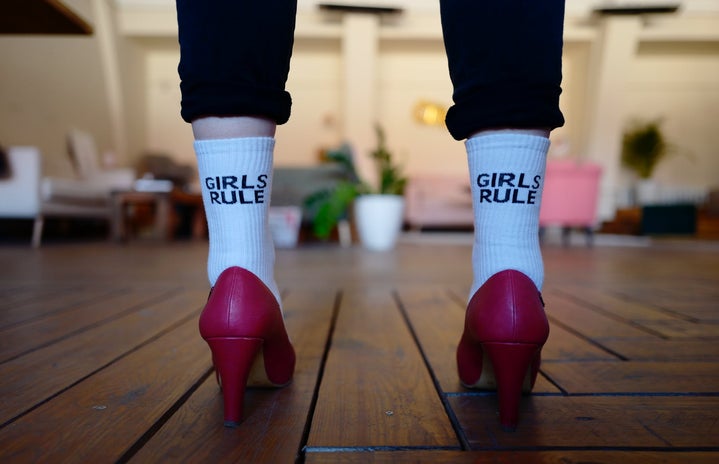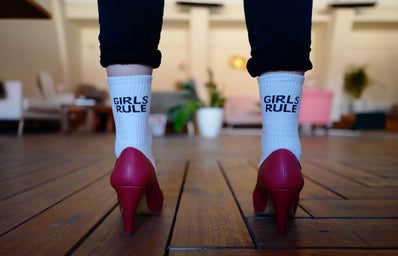It seems like no one can agree about anything.
In the summer of 2020, I was binge-watching Netflix, TikTok was blowing up, and Cardi B released “WAP,” featuring Megan Thee Stallion, topping Billboard’s Hot 100 for four consecutive weeks. Aside from its commercial success, no one could have guessed that in the following months, it would spark insurmountable controversy from numerous perspectives, one being the objectivity versus empowerment debate.
Not long after its release, media outlets and multiple politicians claimed that the song objectified women. Republican U.S. Senate candidate James P. Bradley tweeted: “Cardi B & Megan Thee Stallion are what happens when children are raised without God and without a strong father figure,” and Republican candidate DeAnna Lorraine tweeted: “Cardi B & Megan Thee Stallion just set the entire female gender back by 100 years.” Critics were innovatively harsh, to say the least.
On the other side of the commentary spectrum, many stated that the song manifests women’s empowerment through its transparency and blunt honesty with regard to sex and sexuality. This perspective is further supported by the song’s stylistic choices, including the recurring hook, seemingly uno-reversing the power diminished by historically degrading terms – a form of reclamation of sorts (See: “Whores in This House” by Frank Ski). On this side of the ring, we have tweets including Christina Aguilera “feeling a type of way” about the song and gynecologist Jen Gunter’s suggestion for women to watch the music video to better accept the realities of vaginal health.
Within this scope, the argument seems to be reduced to determining whether this song perpetuates women’s sexual empowerment or sexual objectivity. So, what exactly is sexual empowerment? Well, it seems like no one can really agree. According to this article, differences lie in power. In a situation, if the “looked at” (Cardi B/Megan Thee Stallion) has greater power, including power of consent, as compared to the “looker” (the audience), the former is being sexually empowered rather than objectified. However, according to a study that analyzed sexual empowerment from a multidimensional approach, it isn’t that simple. It highlights the divide among the definition of empowerment, some arguing that empowerment is measured by one’s internal sense of efficacy and control, and others that it is measured by an individual’s external control and power.
The subjectivity deepens when we consider that sexual experiences and knowledge is heavily intertwined with socio-cultural norms and institutional practices. Thus, perceptions on sexual empowerment can be influenced by media, pop culture and other personal factors. The point is: something that an individual finds sexually empowering, someone else may find sexually objectifying.
So I guess the question once again becomes, is WAP sexually empowering or sexually objectifying? Or rather is it reshaping the definition of what that means altogether?
I’ll leave you with this: why can’t “WAP” just be a song about women enjoying sex, without analysis, just as hundreds of male rappers have released before? See: “Lollipop” by Lil Wayne, “Or Nah” by the Weeknd, or “Candy Shop” by 50 Cent. “WAP” is nothing new – it’s just being performed by women this time.


